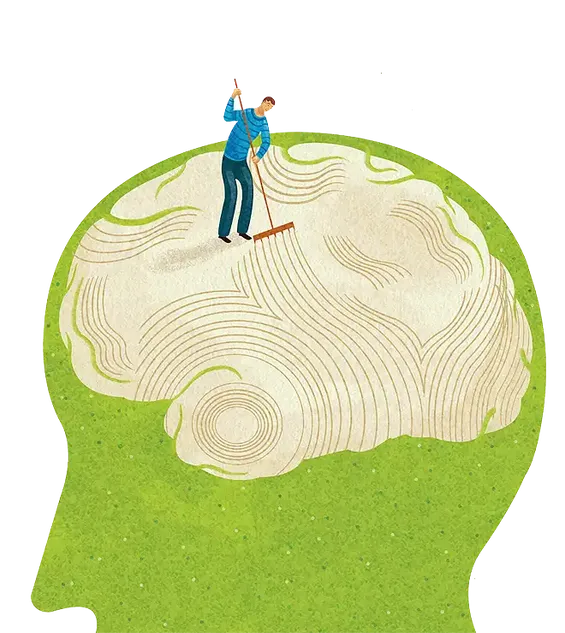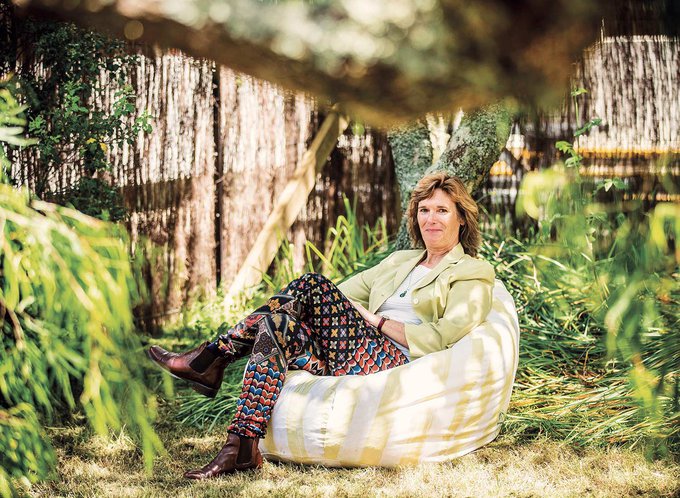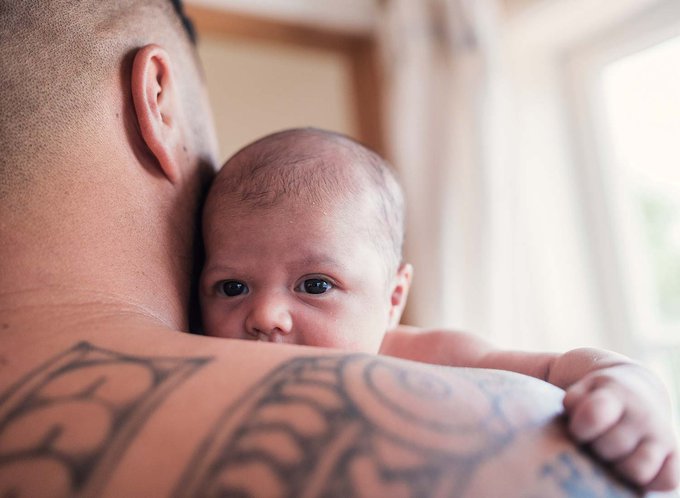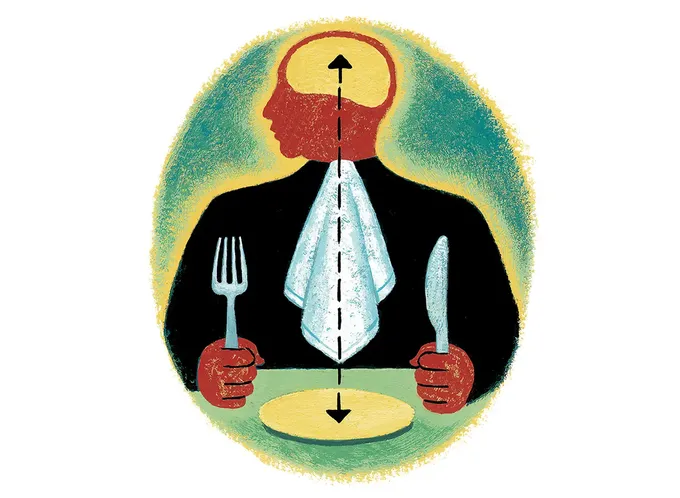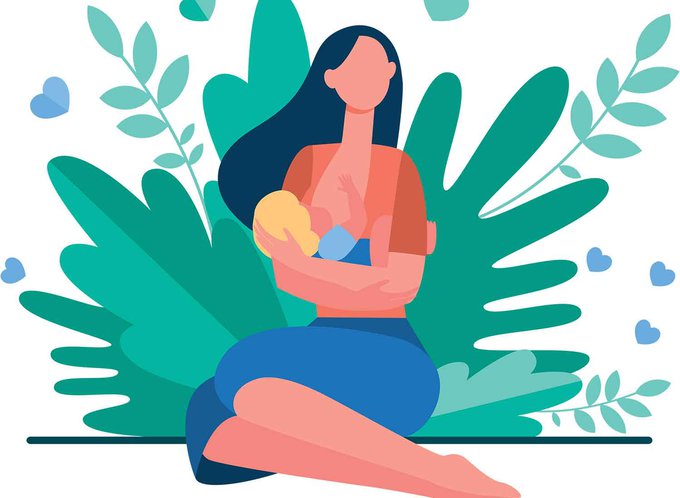A clinical psychologist and eco-anxiety expert shares steps for coping with anxiety that’s caused by climate change.
From extreme weather events in our own backyards to global warming and melting ice caps, the issue of climate change is becoming all too real. And that can feel pretty bleak at times.
For some, the sound of heavy rain on the roof is now a cause of fear rather than soothing background noise.
For others, the constant bad news headlines on the perilous state of the planet are overwhelming.
If you’re nodding your head while reading this, you’re not alone. Experts say eco-anxiety is on the rise, and it can show up in a myriad of ways such as insomnia and exhaustion, feelings of helplessness, frustration, fear and guilt and a general sense of unease. In fact, eco-distress is becoming so prevalent that the New Zealand Psychological Society has set up a Climate Psychology Taskforce to investigate how environmental woes are impacting our wellbeing.
So how do we cope when the natural world around us is causing us stress?
Auckland-based clinical psychologist and eco-anxiety expert Dr Jackie Feather says the first step is to be gentle on ourselves.
“We had a summer that didn’t live up to expectations, then we had these extreme weather events that have made us question what’s happening around us. Earlier, we went through COVID. We’re tired. We’ve all been on edge for so long, and when it comes to an issue like climate change, that’s a threat that’s not going away.”
But however big the problems feel, there are practical steps we can take to make things easier. Here are Jackie’s tips for navigating eco-anxiety.
Prepare as best you can
Keep a stock of emergency supplies, have phone numbers handy and make plans of how to connect with family and friends should the unexpected happen. Anything that is going to help you feel safe is important.
Limit your screen time
Avoid spending too much time watching or listening to news. If there’s a weather event going on, tune in a couple of times a day but avoid constant updates. The same goes for social media.
Stick to normal routines
From self-care rituals to preparing healthy meals, keep doing the everyday things that are important to you.
Stay connected
Keep in touch with family, arrange calls with friends, chat with neighbours and connect with your broader community. Retreating from others can make anxiety feel worse.
Keep active
Exercise releases powerful positive endorphins that make us feel better. Try a yoga class online or head out for a brisk walk.
Find a distraction
If the weather outside is making you fearful, find a project to keep your mind off it. Whether it’s a craft project or clearing out the pantry, any distractions can help.
Seek support
If you’re struggling over time, talking to a counsellor or health professional can provide you with some strategies and tools to cope better.
Take action
Doing things that make a tangible difference, like volunteering for a beach clean-up or tree planting group, promotes positivity and connectedness with people and nature.
While much of the above applies to kids too, Jackie says that, when supporting younger family members, talking things through is important.
“If you’re in the moment with whatever’s causing the anxiety, talk with children about what’s happening and ask them how they are feeling. Getting kids to notice their breathing, taking some deep breaths and relaxing on breathing out is a simple exercise, but the results can be profound.”
Another tip is to focus on the present by engaging the senses.
“This is really about taking time and pleasure in the things that comfort us,” Jackie says. “Try making a cup of hot chocolate, then sitting down to really notice its warmth, smell and taste. Drawing on all the senses can help to distract children from what’s happening around them – and this works well for adults too.”
Know someone who might enjoy this?
Read this next
-
November 2021
Force of Nature
-
November 2021
Breaking down the stigma for blokes
-
March 2023
Sustainability starts in the kitchen
Greater good
See all-
March 2021
Candles for a cause
-
March 2021
Helping Kiwi babies thrive
-
March 2021
Creating a Deaf-inclusive Aotearoa
